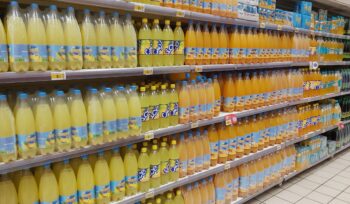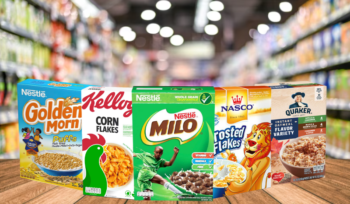- 18/03/2019
- Posted by: Julien Garcier
- Categories: Articles, Ghana, Kenya, Morocco, Namibia, Retail, SagaRetail
Vivo Energy, which is based in the Netherlands and (following its recent 2019 takeover of Engen) now operates more than 2,000 service stations in 23 African countries, continues to expand its presence in non-fuel retail. During the first half of 2018, non-fuel retail accounted for 5% of its gross cash profit (USD10.9 million, up 22% year-on-year). Founded by commodity trader Vitol Group and private equity fund Helios Investment Partners in 2011, Vivo Energy floated on the London Stock Exchange in May 2018.
Its retail partners include supermarket chains Spar and Tuskys, in addition to such foodservice brands as KFC, Big Square, Burger King, Pizza Hut, Java House and Brioche Dorée. It also launched its own retail banner, Welcome, in 2017, and these stores (many of which have in-store bakeries and cafés) can now be found on its forecourts in such markets as Botswana, Ghana, Kenya and Morocco. Some of its locations also function as collection points for internet retailer Jumia. According to the Vivo Energy, more than 60% of its locations now have a non-fuel retail offer, and it envisages “accelerated growth” in this area.
The Sagaci View: The Engen deal, which brought it 234 new sites in nine markets for USD204 million in cash and stock, will provide Vivo Energy with an even larger platform on which to grow its retail operations. Forecourt retail is a good fit with African markets, as it overcomes a major obstacle to growth in many of them – a lack of modern retail infrastructure.
Moreover, while car ownership rates are relatively low in many African countries, car owners tend to be among those with the highest incomes, making them a potentially lucrative market. Forecourt retail also has the significant potential to attract foot traffic, particularly when located close to residential areas or transportation hubs.





